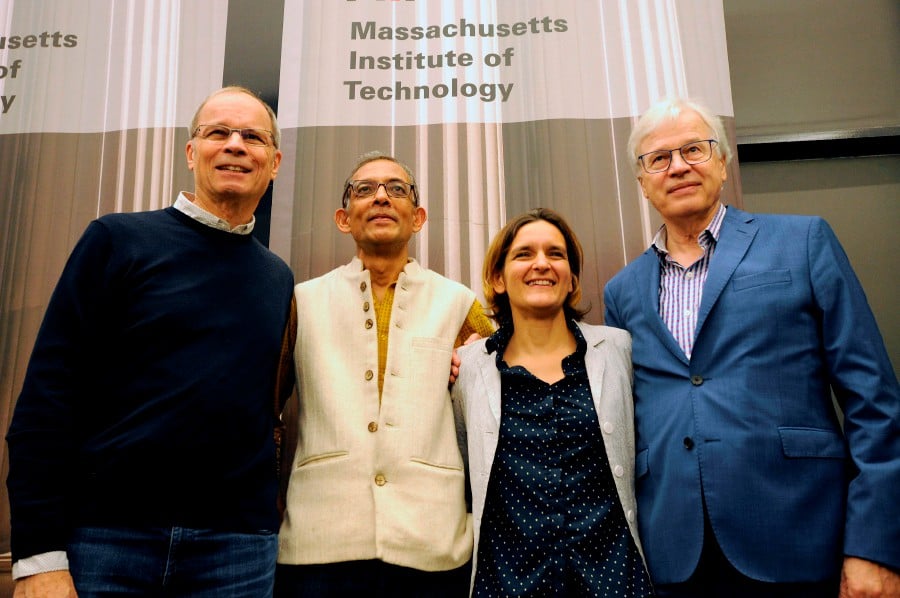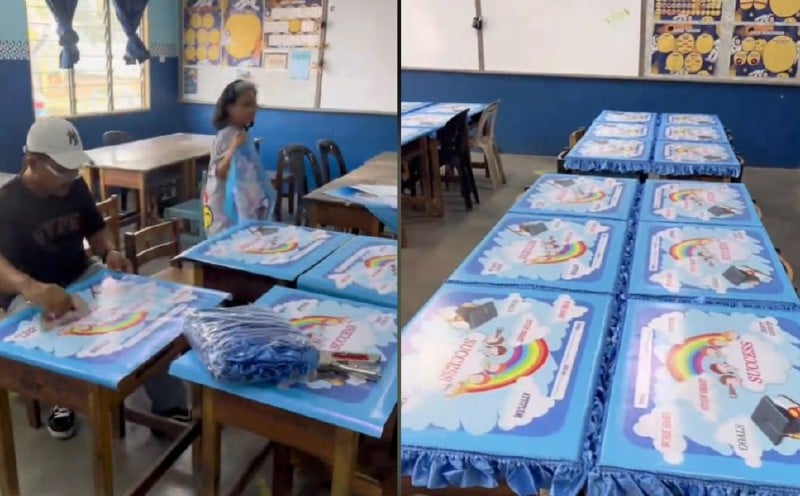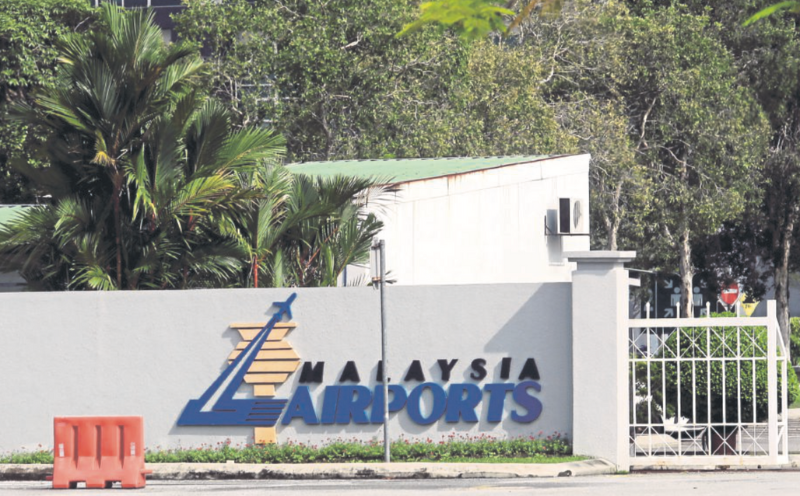LETTERS:This year’s Nobel Prize in Economics was shared by three development economists — Abhijit Banerjee, Esther Duflo and Michael Kremer — for their work to alleviate global poverty.
Perhaps special mention must go to Duflo, as she becomes only the second woman and the youngest-ever laureate in economics.
While addressing poverty is not new, it is the method that they developed, that is, an experimental approach based on how people behave in real life, which can improve the lives of the worst-off in the world, said the Nobel committee
The Malaysian government has just released two policy documents: the Shared Prosperity Vision 2030 (SPV 2030) and the 2020 Budget.
One of the critical aspects that both documents have zoomed in on is to address income and wealth inequalities, expected to be achieved by 2030.
Income and wealth inequalities are interrelated.
In this regard, there are at least three lessons that we can learn from the works of the Nobel laureates in economics.
One is cash transfer.
This policy instrument of cash transfer programme should be looked into by the government to tackle income and wealth inequalities.
Second is on giving free school meals and its effect on educational outcomes.
The laureates’ research findings have shown that free school meals had small effects in improving educational outcomes. This is also true for providing free textbooks.
The Nobel recipients have discovered that a more effective policy intervention for improving child health or educational outcomes would be a targeted strategy, where the policy or programme targets the weakest pupils.
Third is obvious in the context of Malaysia, that poor people are still poor, despite many policies, programmes, measures, and opportunities given.
This is mainly due to market failure and government inefficiencies. That also holds true for income inequality.
So, it is time to take heed of the findings of the laureates and find ways to address market failure and government inefficiencies.
For the former, policymakers must first realise that markets are not perfect and hence, regulation and surveillance are needed.
As for the latter, besides focusing on corruption and improving institutions, more needs to be done for the government to embrace conceptual understandings of these issues.
Poverty, for instance, can no longer be seen from a materialistic point of view.
Indeed, it must be seen in a multidimensional manner.
Being poor should not be seen on how much money or little money or assets someone has, as being poor should also be seen in terms of knowledge, courtesy, adab or from the mental and psychological perspective.
And similar to inequality, it cannot be seen from just an income point of view.
There are other dimensions of inequality, such as inequality of wellbeing, inequality of freedom, inequality of political participation, inequality of access to nutritional food, inequality of access to healthcare and technology, and inequality of access to education.
For instance, while we talk about Industrial Revolution 4.0, they are Malaysians unable to reap the benefits of Industrial Revolutions 1.0, 2.0 or 3.0.
Next year, there will be two more economic development plans to be unveiled by the government.
One is the 12th Malaysia Plan and the New Industrial Master Plan.
More measures are needed and lessons to be learned from the works of the laureates’ research findings for Malaysia to be on the right path to achieve SPV 2030’s goals.
DR IRWAN SHAH ZAINAL ABIDIN
Associate Professor of Economics, Universiti Utara Malaysia
The views expressed in this article are the author’s own and do not necessarily reflect those of the New Straits Times
















